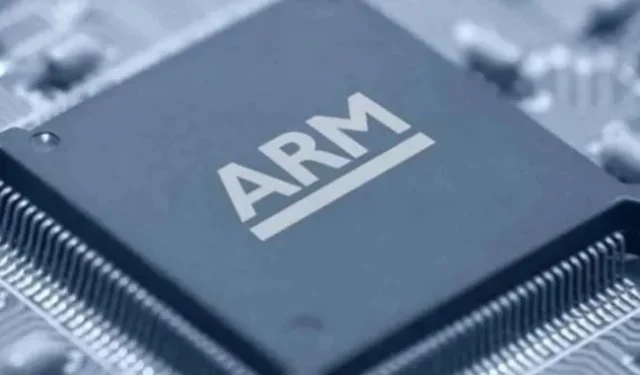Nvidia’s $66B Arm Deal Failed

SoftBank’s $66 billion sale of Arm’s UK chip business to Nvidia fell through on Monday after regulators in the US, UK and EU raised serious concerns about its impact on competition in the global semiconductor industry, according to three people with direct knowledge of the deal..
The deal, the largest ever in the chip sector, would give California-based Nvidia control of the company that creates the technology behind most of the world’s mobile devices. Several big tech companies that rely on Arm chips, including Qualcomm and Microsoft, objected to the purchase.
SoftBank will receive a liquidation fee of up to $1.25 billion and is aiming to sell Arm through an initial public offering before the end of the year, one source said.
The failure should lead to a takeover of Arm’s leadership, with chief executive Simon Segars replaced by René Haas, head of the company’s intellectual property division, the source added.
The collapse of the deal deprives SoftBank of a large windfall that it could have earned from the surge in Nvidia stock prices.
The cash and stock deal was worth up to $38.5 billion when it was announced in September 2020. But the value skyrocketed when Nvidia shares soared, peaking at $87 billion last November.
In the UK, where politicians see Arm as a strategic national asset, attention should shift to whether the company will be listed on the domestic market. At the end of last year, the UK competition analysis for the deal was expanded to include national security considerations.
However, people close to SoftBank have said the group prefers the idea of Arm’s listing in New York and will seek to resist nationalist pressure. US markets are giving higher valuations to tech stocks, even after a recent sharp reversal, and UK tech executives have recently pushed for changes to listing rules to make London more attractive.
According to a person familiar with the discussion, Nvidia decided to drop its push for Arm at a board meeting earlier Monday. Nvidia’s push for Arm was marked by an opportunistic attempt to beat chip rivals like Intel and AMD and was fueled by SoftBank’s approach after the Japanese company decided to go out of business.
Jensen Huang, chief executive of Nvidia, hoped to use Arm processor designs to solidify his company’s growing role in data centers, where Arm GPUs have become important tools for machine learning.
However, some of the big tech companies that rely on Arm designs for their own chips have argued that Nvidia would gain an unfair advantage by getting the early rights to Arm technology, hurting competition.
Nvidia has offered to competition regulators to keep sales to other Arm customers after the deal closes. However, the UK Competition and Markets Authority said it did not believe such arrangements would be effective, and the US Federal Trade Commission launched an in-depth investigation late last year.
Leave a Reply